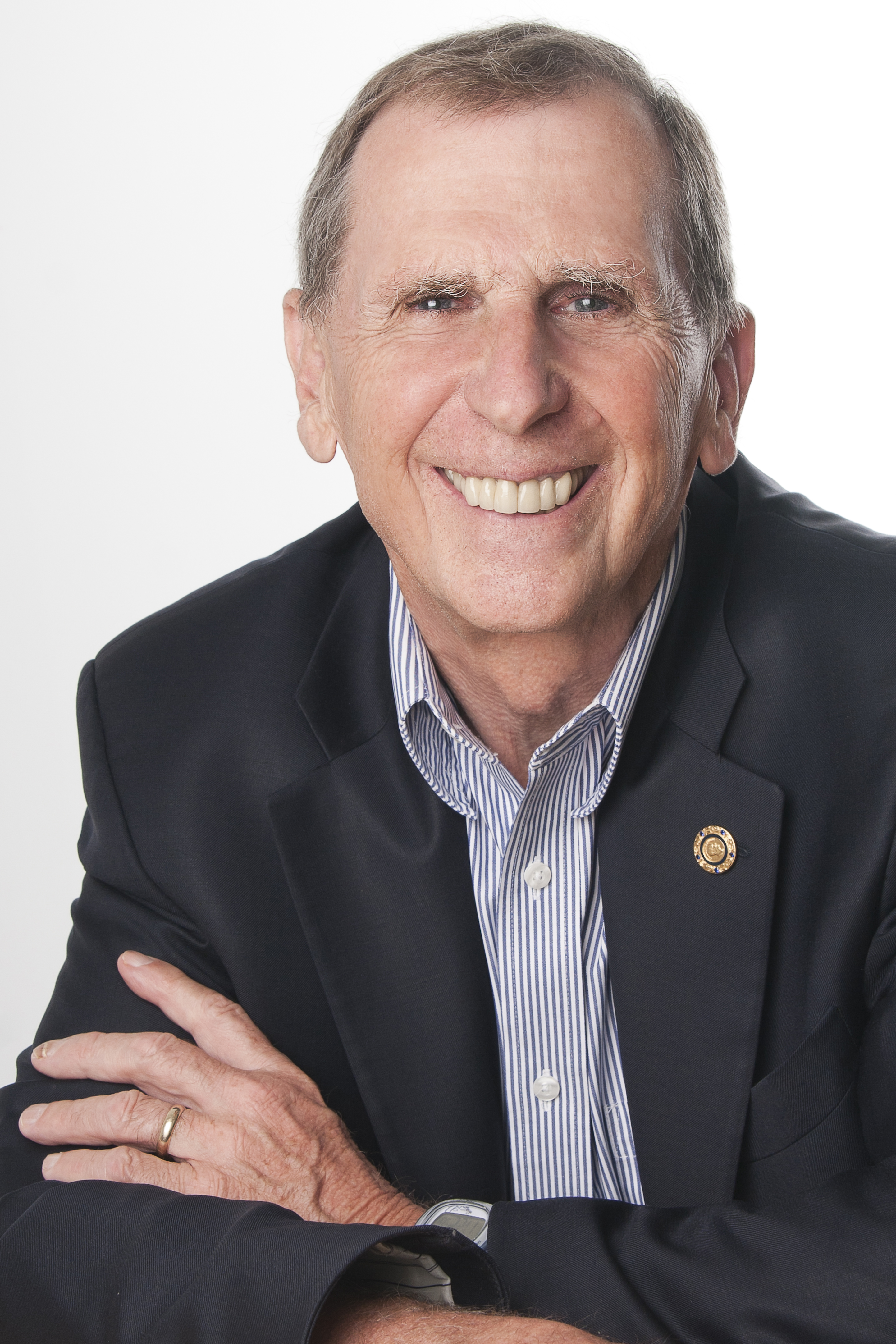- Home
- About Us
- The Team / Contact Us
- Books and Resources
- Privacy Policy
- Nonprofit Employer of Choice Award

 “WANTED! physicist with programming skills and an interest in meteorology.”
“WANTED! physicist with programming skills and an interest in meteorology.”
“Ah ha!” Jonathan Shanklin said. “That’s me!” It was the late 1970s. He applied to the ad for work at the British Antarctic Survey and got the job measuring ozone levels in the Antarctic atmosphere up to 40 km above the earth’s surface and comparing them with previous years. Its geography, mountains, and surrounding water make the Antarctic an important area to measure levels of ozone, which forms a shield that protects the earth against UV radiation. Up until that point, records were on scraps of paper and incomplete. Jonathan’s assignment was to pull the information together in a meaningful way. Scientists were concerned that the exhaust gases from the Concorde supersonic aircraft and/or chlorofluorocarbons (CFCs) from aerosol spray cans might be damaging the ozone layer. And, as it turned out, it was.
As he began his work, Jonathan had no idea that on September 16 almost 50 years later we would be celebrating his efforts in an annual recognition of World Ozone Day. Nor could he have foreseen the resulting international protocol, signed in Montreal by all 197 nations of the world calling for a freeze (by all countries) of the production and consumption of ozone-depleting substances, and for an ongoing review of the results of the proposed changes. Those results have been massive: about 2 million fewer cases of skin cancer per year and hundreds of billions of tons more of carbon dioxide stored in our forests. This, in turn, has dropped average temperatures by 0.8 degrees and reduced the damage from violent storms, fires and floods.
To everyone’s surprise, Jonathan found that the ozone layer was only two-thirds as thick as it had been ten years before. A hole had appeared in the layer and was spread over a huge area. An independent team of researchers confirmed his findings, and scientists quickly determined that the CFCs used in cooling devices such as refrigerators and air conditioning units as well as emissions from aerosol containers were the cause.
Alarmed by these findings, Jonathan and his partners Joe Farnam and Brian Gardiner published their conclusions in Nature, the world’s leading multi-disciplinary science journal. Their paper quickly caught the eye of other scientists and politicians; they were all concerned. A meeting was called to discuss the report, and by 1987 the Montreal Protocol was in place—with Canada’s Prime Minister Brian Mulroney and US President Regan first in line to sign the accord. One of the most successful international environmental agreements of all time, the Protocol celebrations are a reminder every September that if people plan and act together, positive things for the environment can, and will, happen.
By 2010 The production and consumption of CFCs and harmful aerosol products had been phased out and the Antarctic ozone hole had decreased in size, but because CFCs have a long lifetime, it will take another 50 years to achieve full atmospheric recovery. Meanwhile, continual monitoring has led to modifications in the Agreement and further improvements to the ozone layer. Only six years ago in Kigali, Ruanda 197 nations agreed to reduce the production of hydrofluorocarbons. Under the amendment, developed countries reduced HFC consumption beginning in 2019 with most developing countries freezing consumption in 2024 and a small number of developing countries with unique circumstances freezing consumption in 2028. The plan also provides financing to certain countries, to help them transition to climate-friendly alternatives.
That’s the good news: we can save our planet from ourselves.
Chris Snyder is the author of several books and several hundred articles on personal finance. His most recent book "Creating Opportunities-A Volunteer's Memoir" describes a lifetime of volunteer experiences, much of it as an active member of the Rotary Club of Toronto. Chris is past chair of the Canadian Landmine Foundation, founding chair/current chair of HIP (Honouring Indigenous Peoples) and on the board of CUSO and the Trudeau Centre of Peace, Conflict and Justice. He is the recipient of many volunteer and community service awards, among them the Paul Harris Fellowship Award, the Queen's Gold and Diamond Jubilee Awards, and the Governor General's Sovereign Award for Volunteering. His latest book, "Good News in A Crazy World," will be published by Civil Sector Press in 2024.